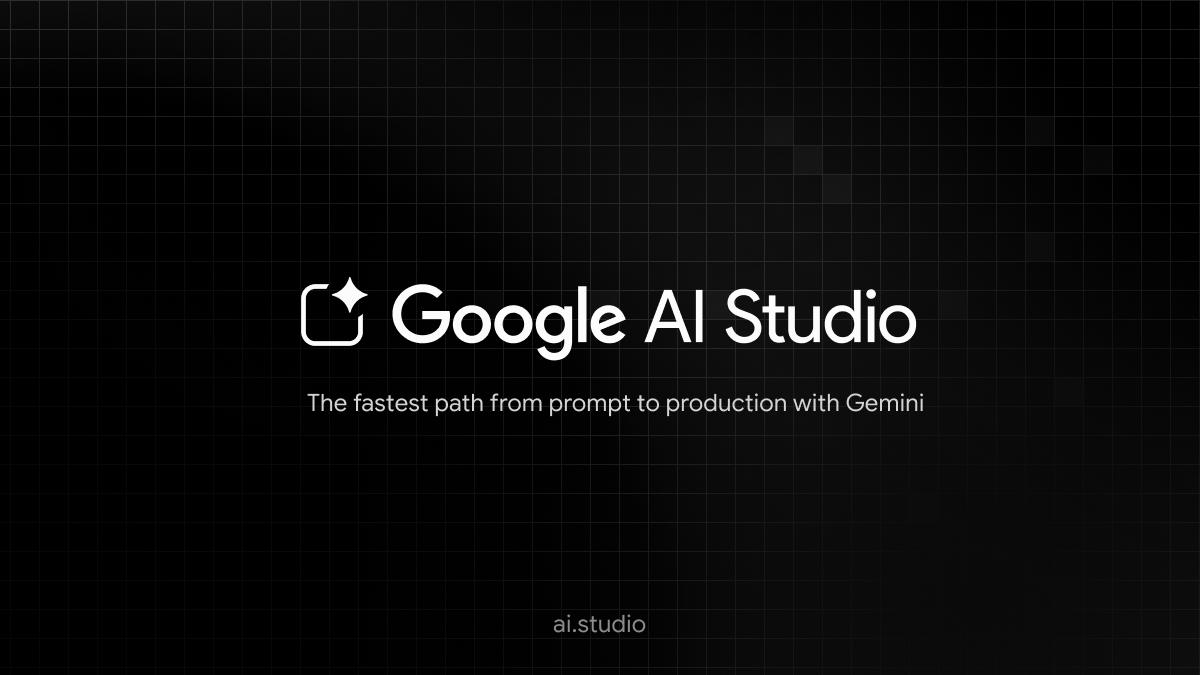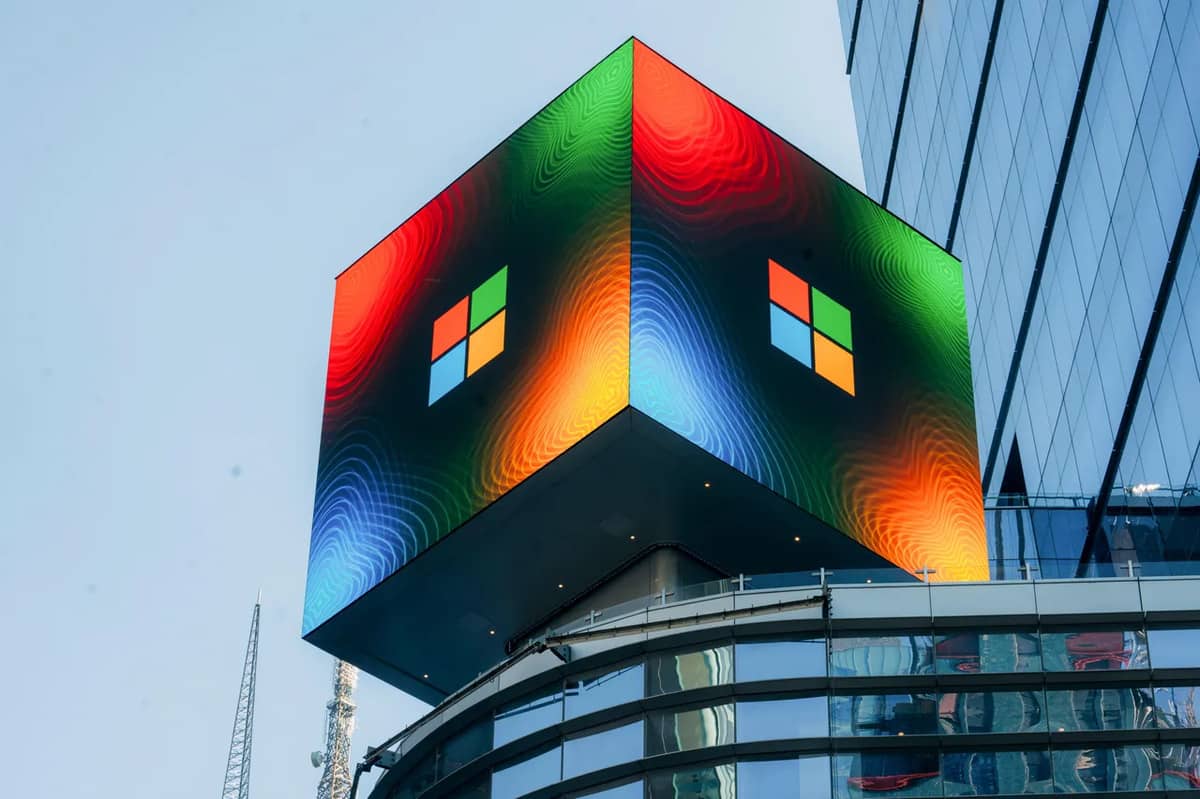The year 2024 was a landmark year for artificial intelligence (AI), with significant developments that have changed the way we interact with technology.
From advancements in language models to AI’s growing role in multimedia, here are five key breakthroughs that made 2024 unforgettable for AI.
1. AGI Is Closer Than Ever
Artificial General Intelligence (AGI) has always been a distant dream, but in 2024, it became clear that we are much closer to achieving it.
Experts are now predicting that AGI could be just around the corner, with many forecasts being revised as the technology advances.
This is a huge step forward in AI development, bringing us closer to machines that can think and learn like humans.
2. AI Can Solve Language Barriers
One of the most exciting developments in AI this year is its ability to break down language barriers. With Meta’s AI-powered Ray-Ban glasses, real-time language translation became a reality.
This technology allows people from different parts of the world to communicate instantly, without needing human translators.
It’s a game-changer for global communication and could help bridge gaps in understanding across cultures.
3. The Transformer is Being Replaced
While transformers have been the backbone of many AI language models, 2024 saw the emergence of new concepts that could replace them.
These new ideas, inspired by quantum computing, promise to process information in ways that traditional logic structures cannot. This shift could lead to even more powerful AI models in the near future.
4. Revolutionizing Neural Networks with Liquid Networks
Liquid neural networks have gained attention this year for their ability to improve AI cognition while using fewer resources.
This breakthrough allows powerful AI models to run on edge devices like smartphones, making it possible for AI to be more accessible and integrated into our daily lives.
Google’s Gemini, which was launched on personal devices, is a prime example of this innovation in action.
5. AI is Dominating Multimedia
AI’s impact on media continued to grow in 2024. OpenAI’s Sora allowed users to create film clips without the need for casting or shooting.
Additionally, AI-powered text-to-podcast models emerged, enabling users to create podcasts from written materials.
These innovations show how AI is revolutionizing the entertainment industry, making it easier to create content and interact with it in new ways.












Leave a comment